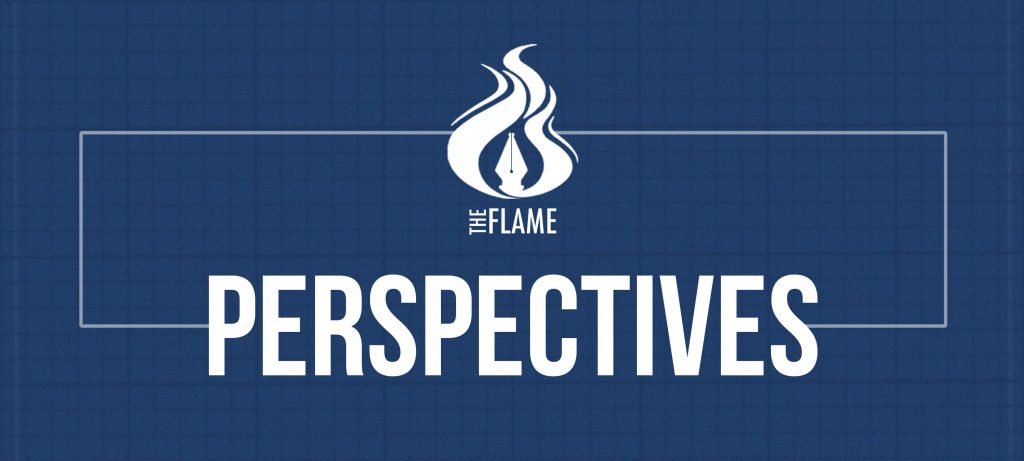By ALI IAN MARCELINO V. BIONG
EVER SINCE I was a child, the word Bisaya has always been used as an insult, other than just a term referring to our Visayan brothers and sisters. As a Tagalog, I, too, am guilty of using the same term for either close-minded insults or playful teasing, neither of which changed the fact that it was used as a derogatory word and in a bigoted manner.
“Ew, Bisaya ka talaga e, no!”
It is as if being born Visayan is something to be ashamed about. Other than being discriminated against for their hard accents when speaking other languages or dialects, Bisaya has started to also mean “jologs” or “jejemon.”
“Ano bang pormahan ‘yan, bai na bai!”
We take pride whenever a Filipino achieves something abroad; we supported Jessica Sanchez in her American Idol run, and we all cheered for Manny Pacquiao whenever he had a bout. Meanwhile, when a foreigner makes a racist comment on Filipinos, we are immediately butthurt and are quick to reply with a racist comment as well. Yet, here we are, laughing at the Bisaya, the Lumad and Badjao simply for being themselves.
We Filipinos arguably have one of the most hypocritical cultures, and this “Pinoy pride” is certainly nothing to be proud of. Our blood boils when a standup comedian on the different side of the globe makes fun of our Filipino accent when speaking in English, yet we have the audacity to make fun of folks from the provinces for simply being from the province, as if Manila is a city to look up to.
Sadly, this Pinoy pride is only ever present when it suits us, especially in the international scene; back home, we do not even respect ourselves. It is funny how guards at mall entrances check our bags out but let foreigners through without even a quick frisk; it is funny how they shove whitening products in our faces as if having kayumanggi skin is a flaw.
I suppose we do not need China or the US to try and destroy our country, as we seem to be so good at doing so ourselves.
Maybe this “Pinoy pride” is just a mask we hide behind to cover up the reality that we are not really proud of the people we are and that we need the constant approval of the international community to try, at least, to love ourselves as well.
Can this be a product of hundreds of years of colonialism brought upon our islands by foreign invaders? Have we been so utterly discriminated against that we learned this racist attitude as well? Maybe we just learned to hate our own people too as some sort of revenge, putting other cultures on pedestals while burying our own.
It may take a historian or a sociologist to know for sure, but what I do know is that there is discrimination present in our society today, and it’s up to us millennials—and our supposedly #StayWoke culture—that this “local racism” is purged during our lifetime. F




